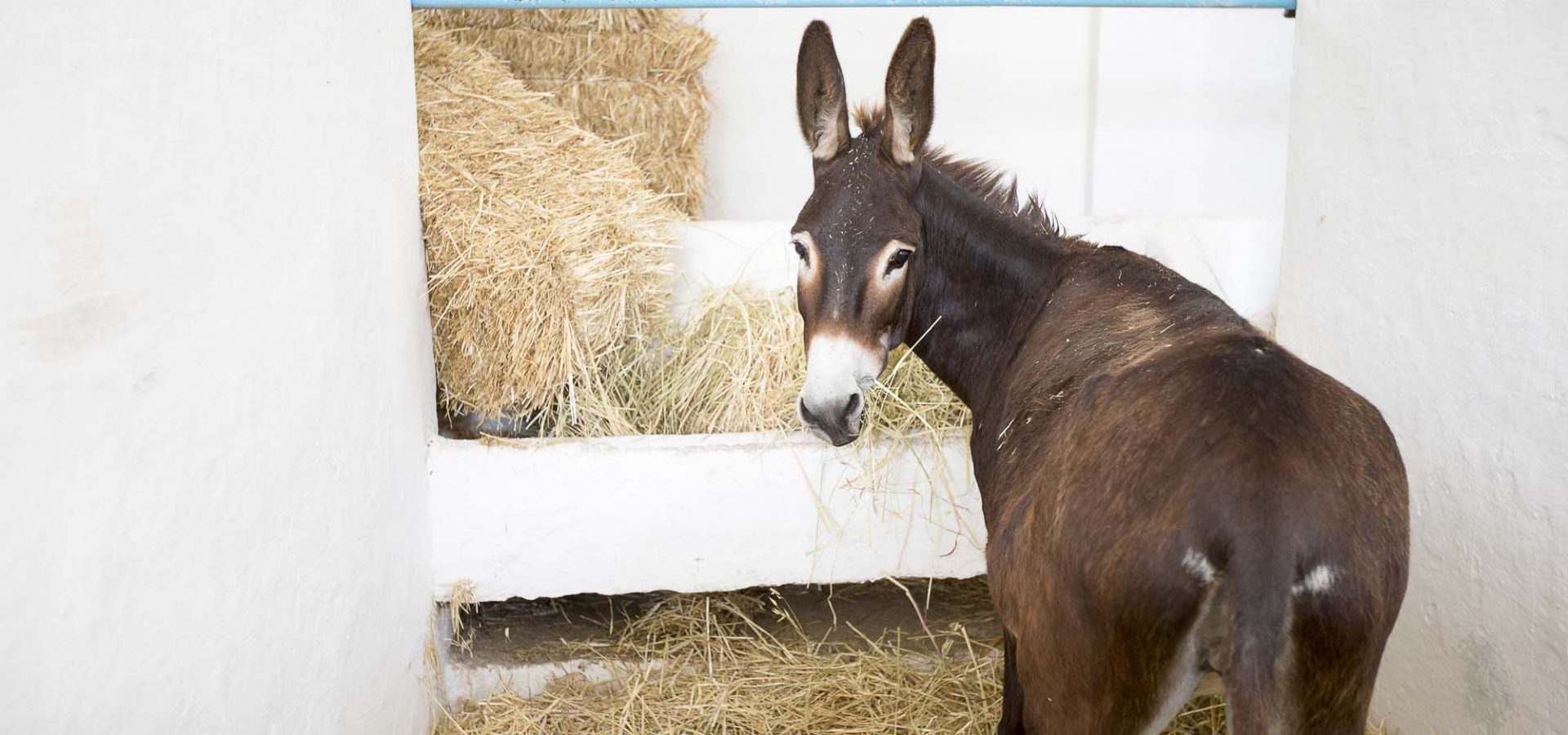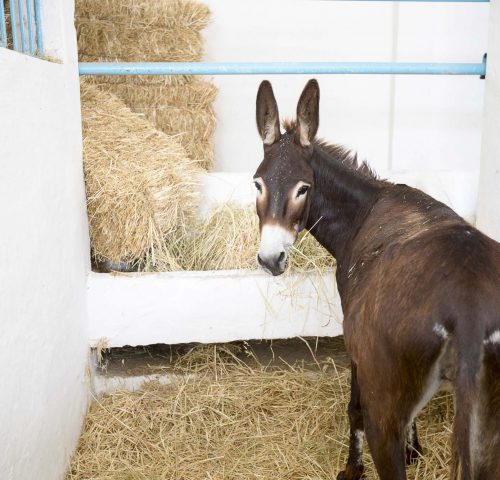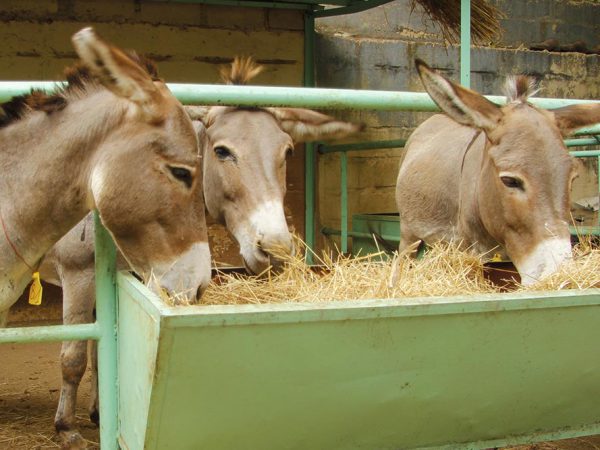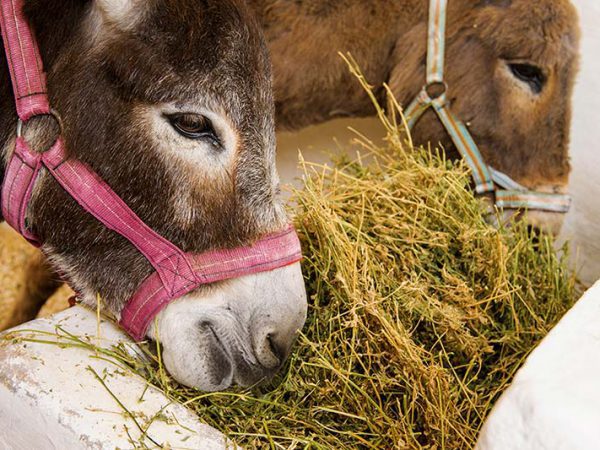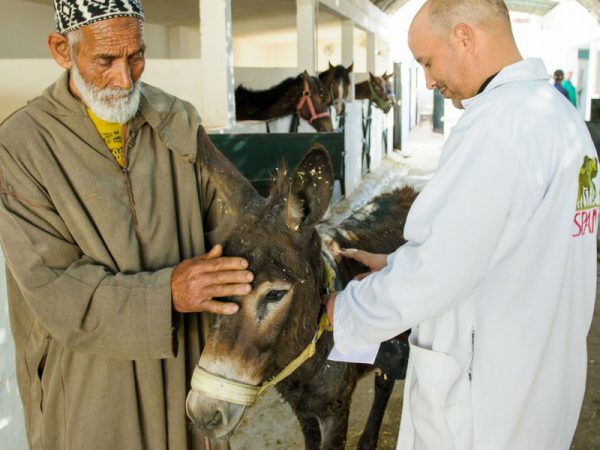You may also be interested in
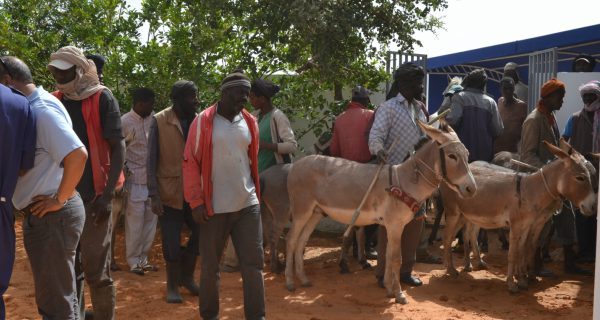
Donkey nutrition – making Samba stronger
Read about the advice SPANA gave Samba's owner on donkey nutrition to ensure he became stronger.
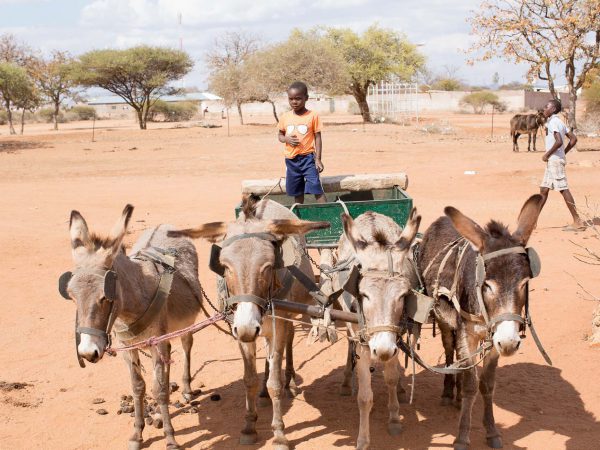
What are working donkeys?
Find out all about working donkeys, where they operate and why they're needed.
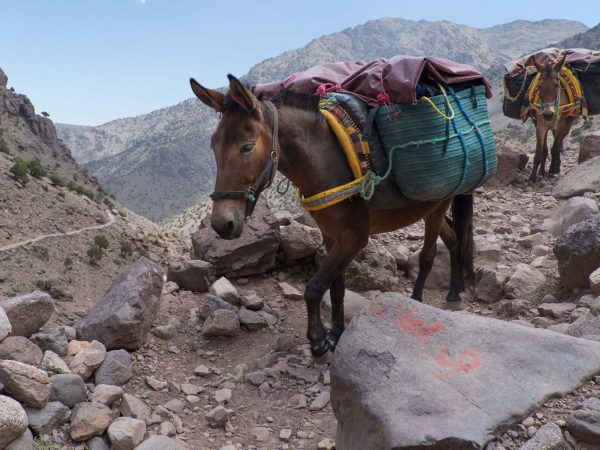
What is a mule? 13 things you didn’t know
Learn about the difference between a donkey and a mule and whether mules can reproduce.

Donkey nutrition – making Samba stronger
Read about the advice SPANA gave Samba's owner on donkey nutrition to ensure he became stronger.

What are working donkeys?
Find out all about working donkeys, where they operate and why they're needed.

What is a mule? 13 things you didn’t know
Learn about the difference between a donkey and a mule and whether mules can reproduce.

